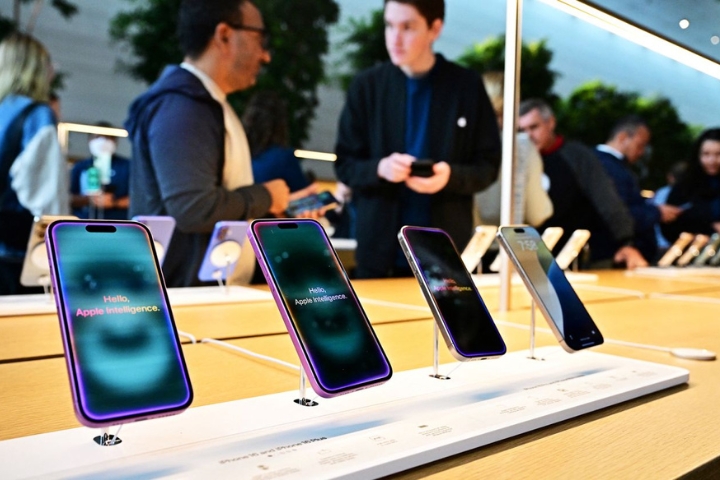Apple’s highly anticipated iPhone 16, which introduced new artificial intelligence features, is off to a slower start than expected, according to early presale estimates. Despite Apple’s hopes for a major hit after several years of sluggish iPhone sales, analysts report a notable decline in pre-orders compared to the iPhone 15, particularly for the higher-priced Pro models. While the iPhone 16’s base models saw modest gains, the overall sales dip raises concerns about Apple’s ability to reignite widespread consumer interest, even with cutting-edge AI integrations.
Muted Consumer Response to AI Features and Higher-Priced Models
Despite Apple’s efforts to highlight new AI features with the iPhone 16, the initial pre-sale response suggests that consumers are not yet fully sold on the upgrades. With 37 million units sold in the first weekend of pre-sales—a 12% decrease from the previous year—Apple is facing challenges in recapturing the excitement that typically accompanies new iPhone releases. A significant concern is that the AI features, which were highly promoted as a differentiator, are not yet available on the devices. This delay could impact consumer interest, as users may not immediately perceive the value of these innovations.
Another issue for Apple is the distribution of demand within the iPhone 16 lineup. Sales of the higher-priced iPhone 16 Pro and Pro Max models have dropped sharply compared to the iPhone 15, with a 27% and 16% decline, respectively. Many consumers are opting for the more affordable standard and Plus models, which now offer significant upgrades that make them nearly as attractive as their Pro counterparts. This trend could affect Apple’s overall revenue, as lower-priced models may reduce the average selling price.
Improved Supply Chain May Mask Weaker Demand
While some analysts view shorter lead times for iPhone 16 models as a sign of reduced demand, others suggest it may reflect improvements in Apple’s supply chain. The company may have ramped up production ahead of the launch to meet anticipated demand more efficiently. This would explain why delivery times for the iPhone 16 Pro are just 1-2 weeks, compared to 3-4 weeks for the iPhone 15 at the same stage last year.
In addition, carrier sales data offers a more optimistic outlook. T-Mobile CEO Mike Sievert reported that his company had sold more iPhone 16s in the first week of pre-sales than it did for the iPhone 15. This indicates that despite muted early estimates, the iPhone 16 may still perform well in the long term, especially as holiday shopping picks up later in the year. Analysts remain hopeful for a strong performance in the crucial fourth quarter, with the potential for the iPhone 16 to gain momentum as consumers start to experience its AI capabilities.




GIPHY App Key not set. Please check settings